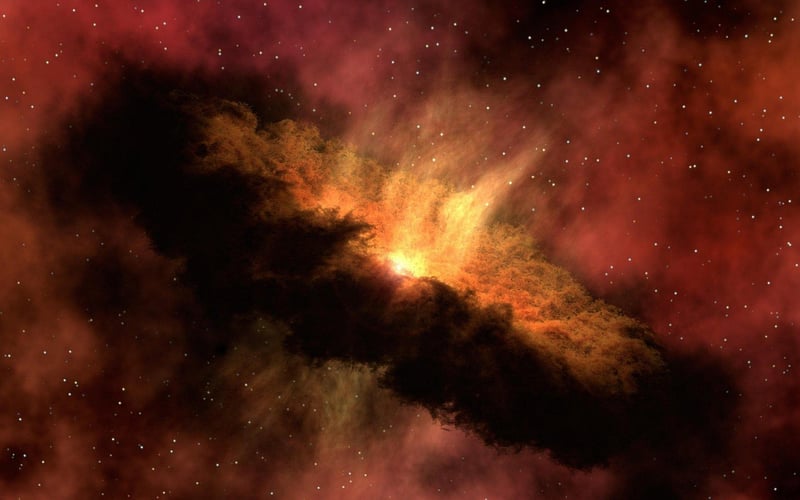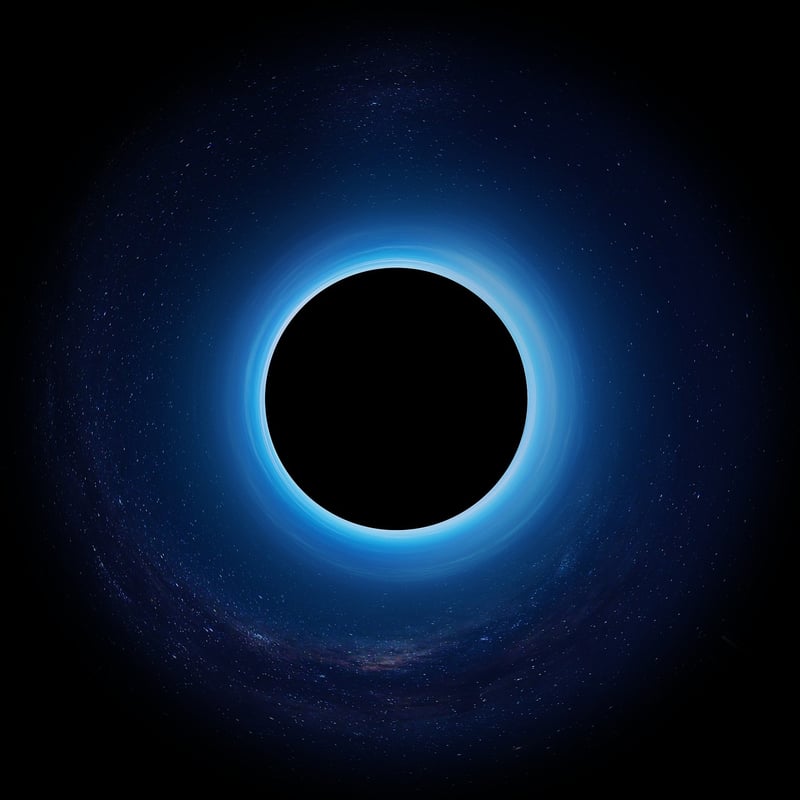Black Hole Theories
Unraveling the Unknown: Exploring Black Hole Theories

Black holes, mysterious entities in space, have captured the imagination of scientists and the public alike. These enigmatic cosmic phenomena possess such intense gravitational force that nothing, not even light, can escape their grasp. Let's delve into some of the intriguing theories surrounding black holes.
1. Formation of Black Holes
Black holes are formed when massive stars undergo a supernova explosion at the end of their life cycle. The core that remains collapses under its gravity, creating a singularity with infinite density and zero volume, surrounded by the event horizon beyond which nothing can return.
2. Types of Black Holes
There are primarily three types of black holes: stellar black holes, which form from the remnants of massive stars; supermassive black holes, found at the centers of galaxies and weighing millions to billions of times the mass of our sun; and intermediate black holes, whose existence lies between the other two categories.
3. Hawking Radiation
Stephen Hawking proposed the concept of Hawking radiation, suggesting that black holes are not entirely black but emit radiation due to quantum effects near the event horizon. This radiation causes black holes to slowly lose mass and eventually evaporate over an immensely long period.
4. Wormholes and Black Holes
Some theories speculate about the existence of wormholes, hypothetical tunnels through spacetime that could connect two separate points. It's theorized that these wormholes could be linked to black holes, potentially providing a pathway to other regions of the universe or even different universes.
5. The Information Paradox
The information paradox is a perplexing issue related to black holes and quantum mechanics. It questions what happens to the information of particles that fall into a black hole since according to quantum mechanics, information cannot be lost. This paradox remains a topic of intense debate and research among physicists.
Black holes continue to fascinate scientists and astronomers, pushing the boundaries of our understanding of the universe. As research progresses, new discoveries and insights into these cosmic enigmas are sure to captivate us further.
